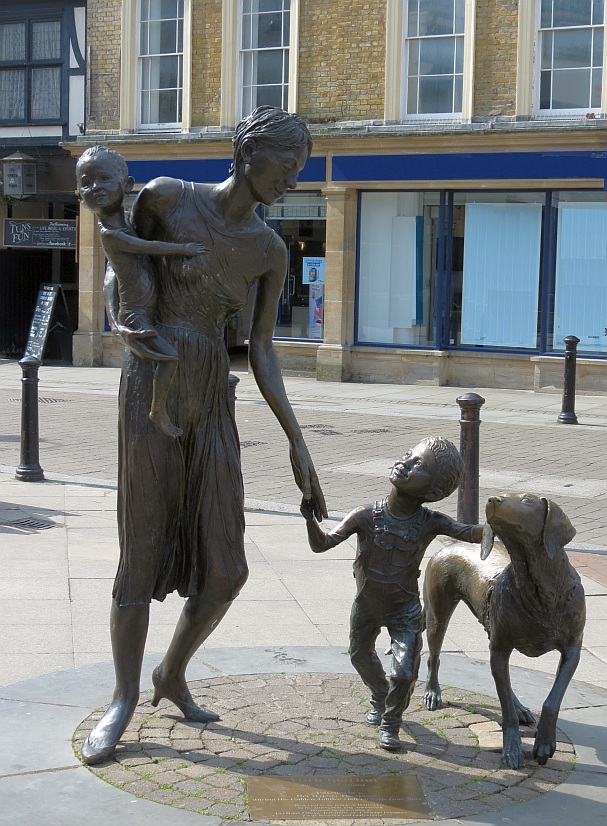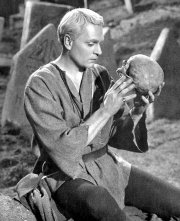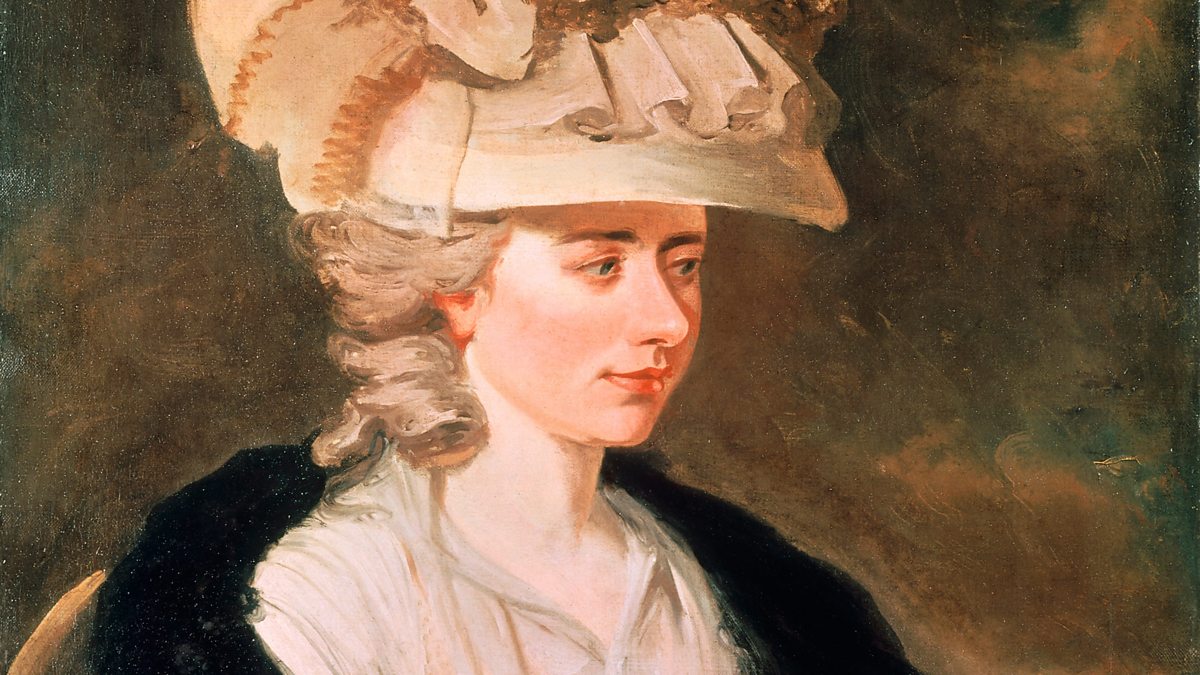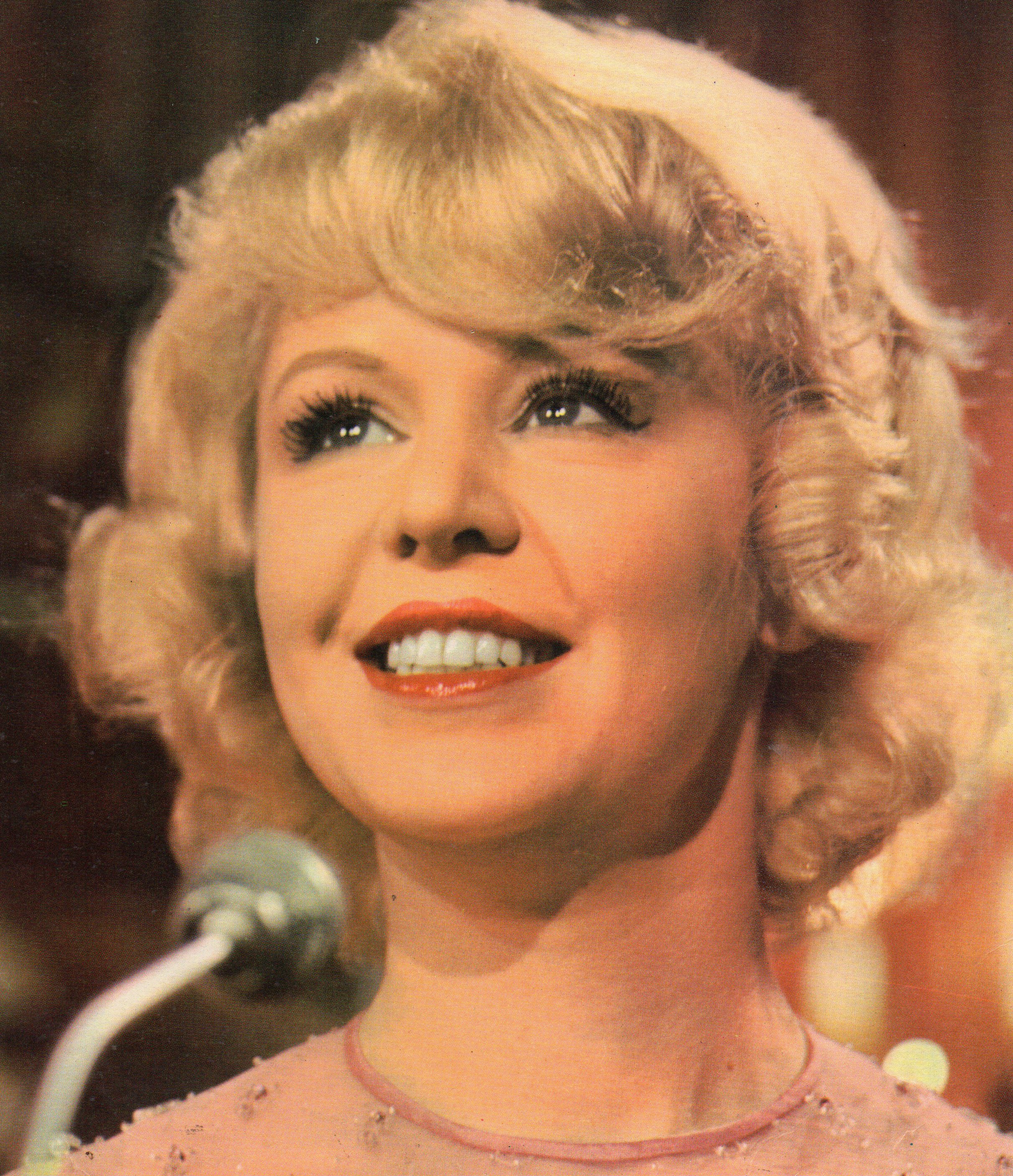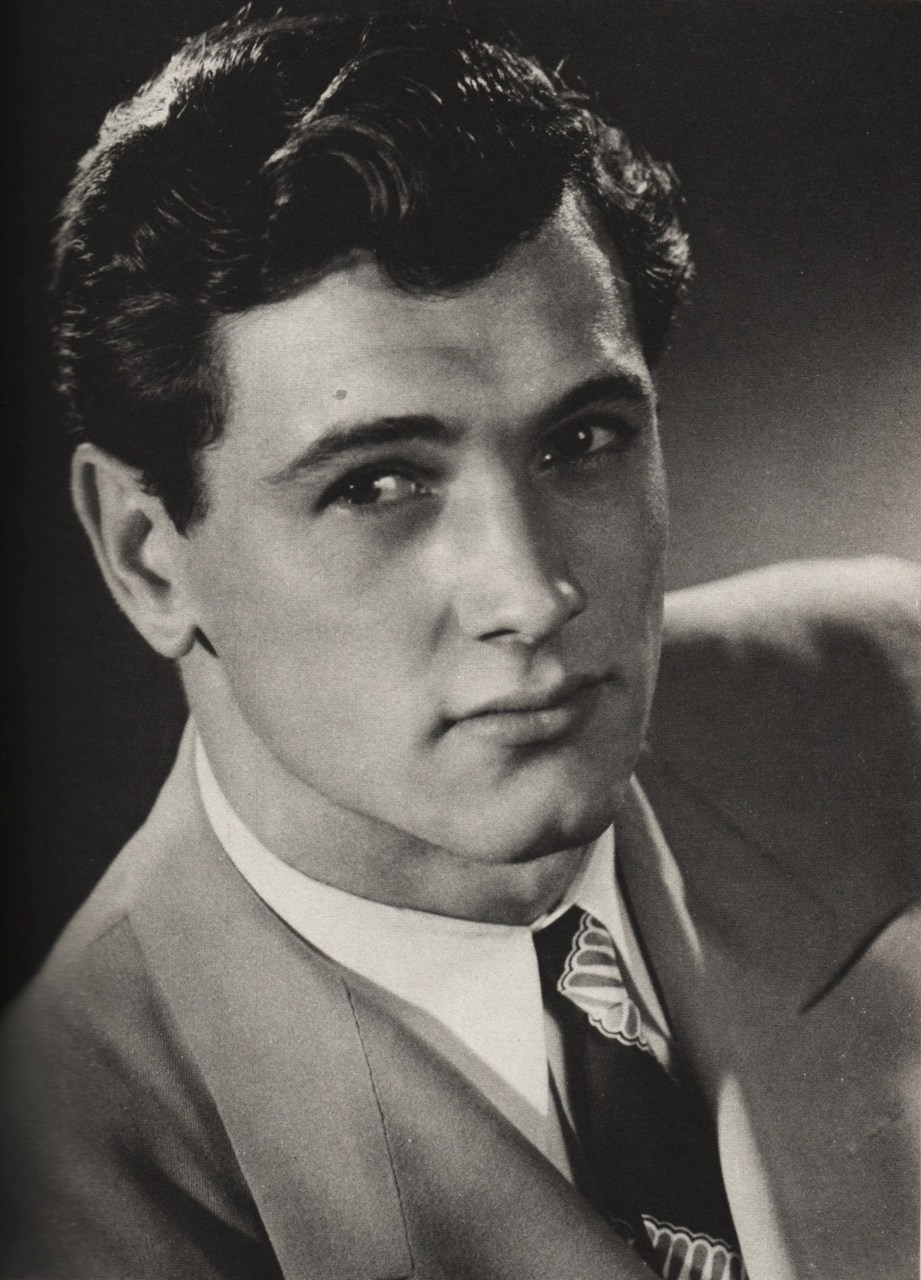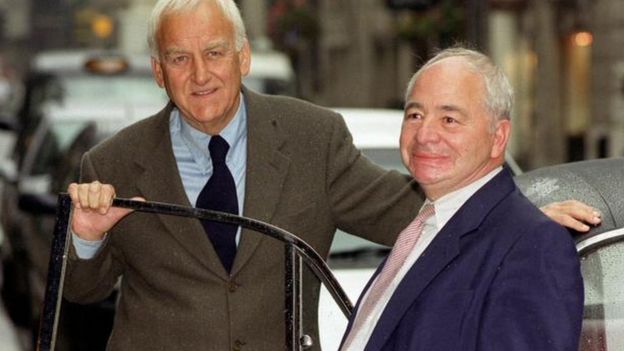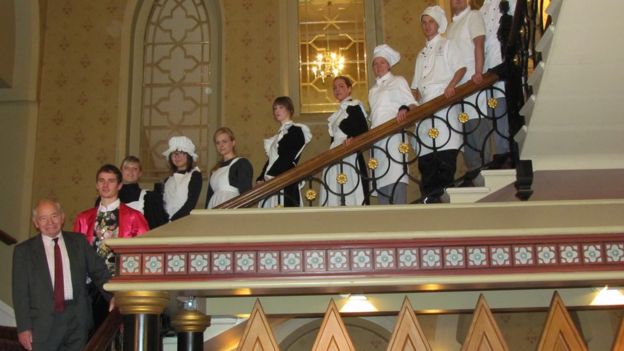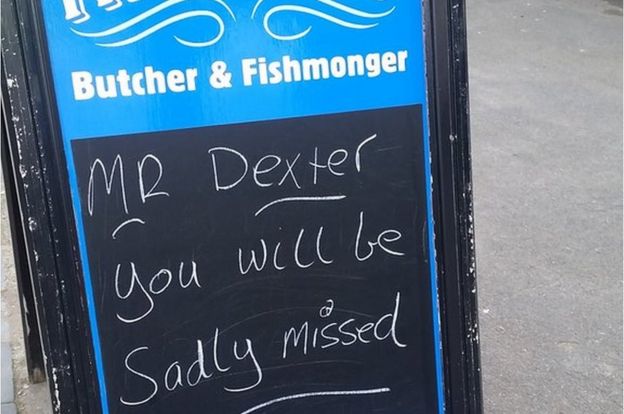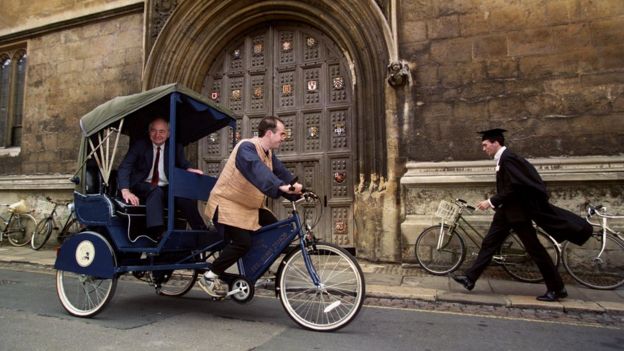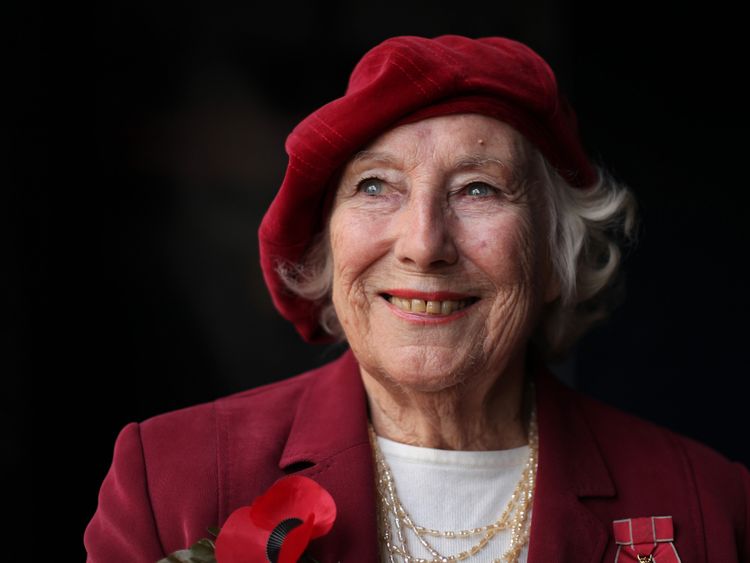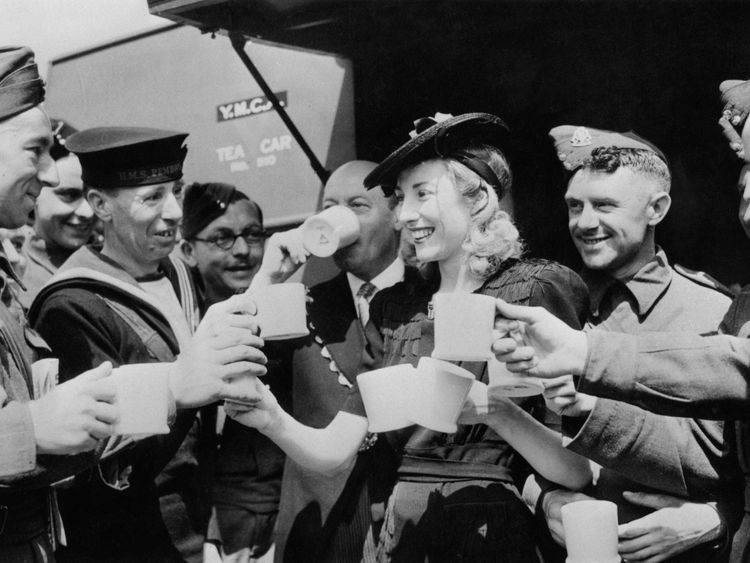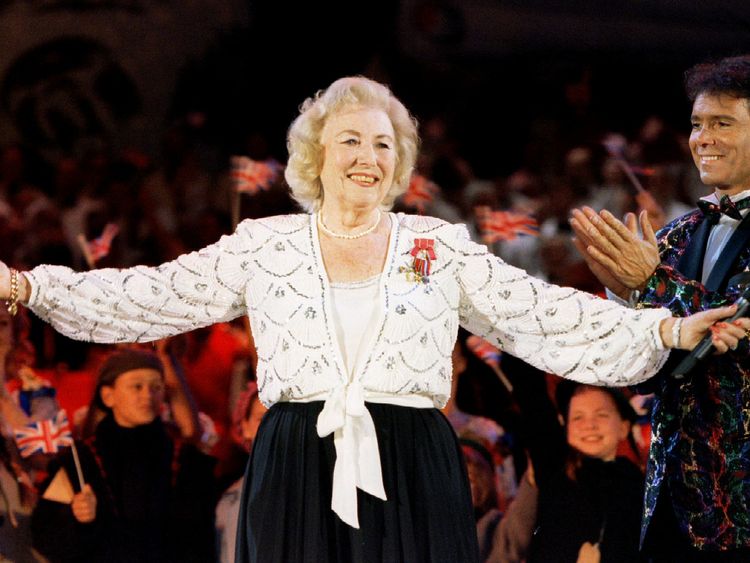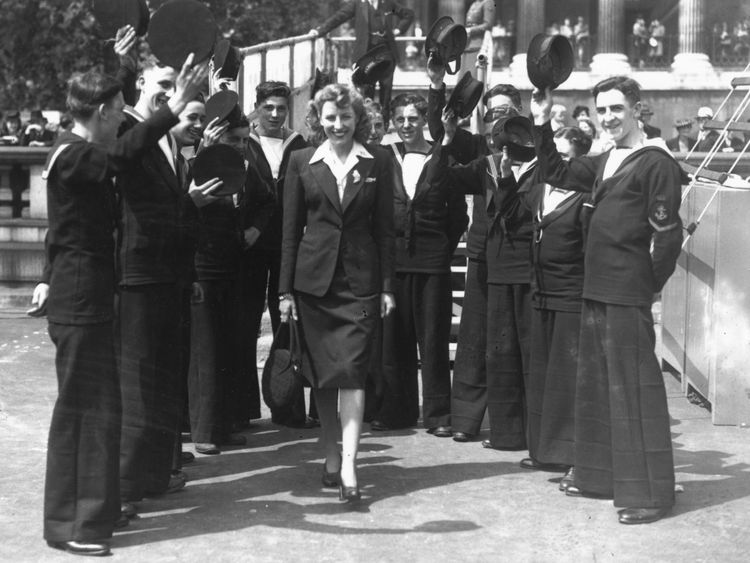“Too much of nothing / can turn a man into a liar,” Bob Dylan put it. “It can cause some men to sleep on nails / and another man to eat fire.”
One night in June, Jonah Lehrer went to the Avalon to tell a story. The Avalon is a Spanish Baroque theater on Vine Street in Hollywood. Richard Nixon gave his “Checkers” speech there in 1952, denying corruption allegations; 44 years later the Ramones played a show there that turned out to be their last. This evening the Avalon was the site of an event sponsored by the Moth: “True Stories Told Live.”
Lehrer is the twee-science writer whose book Imagine: How Creativity Works was pulled from the shelves and who was forced to resign his staff writer position with The New Yorker after he went on a plagiarism spree that culminated in a brazen attempt to pass off his own clichés about creativity as Dylan’s. That was in 2012. Now he was bringing out a new title, A Book About Love, and his appearance under the Moth imprimatur—earnest, populist, not-for-profit—was a rite of purification. Onstage at the Avalon, a gay man told a story about surviving a harsh Christian upbringing. An Iraqi man told about surviving a kidnapping. Then Lehrer told a story about how he tried to survive his fit of lying—and the media carpet-bombing that followed.
“I had broken the most basic rule of journalism: don’t make shit up,” he said, and tried to explain why. A Rhodes scholar and a best-selling author in his 20s, he fell in love with the sound of applause at book gatherings and with the sight of his e-mail inbox, crowded with invitations. He got busy, and he got sloppy. Then he got caught and was cast out: no assignments, no invites. Still resourceful, he decided to use the episode, self-help–style, to try to become a better husband and father. It was a story of humility and good intentions. Told for a paying crowd, however, it came off as presumptuous and opportunistic. It’s no better in A Book About Love, his exploration of bonding and attachment in marriage and parenthood, where he likens his moral awakening to that of Man’s Search for Meaning author Viktor Frankl, who survived the Holocaust and then found, through a long and loving marriage, that the truth of life consists of the “self-transcendence” that deep relationships call forth in us. “I wish I’d learned this truth in a different way,” Lehrer confesses. “But at least I learned it before it was too late. At least I know it now. That is my consolation.”
A few weeks later, A Book About Love got a breathtaking takedown in The New York Times, whose reviewer, Jennifer Senior, called it “insolently unoriginal” and insinuated that Lehrer was still copping insights from other writers. “It may be time, at long last,” she ventured, “for him to find something else to do.”
That judgment looked extreme, especially in a striver culture that has made Samuel Beckett’s “Try again. Fail again. Fail better” into a Silicon Valley motto. Yet it’s a judgment supported by recent history. In society at large, disgraced public figures can redeem themselves after alleged domestic violence (Charlie Sheen), obstructing justice (Martha Stewart), even falling for the daughter of one’s common-law partner (Woody Allen)—and there are always journalists willing to help the offenders on their path toward regeneration.
Indeed, the election of Donald Trump (bankruptcy; alleged groping of women; exaggerations, fabrications, “alternative facts”) gives us a prevaricator in chief who demonizes journalists for daring to expect that a public figure’s actions should have consequences and that his assertions should check out.
In the journalism culture itself, it’s different: liars, hoaxers, fabricators, plagiarists, truth-stretchers, and cons are banished to the outer darkness. Michael Moynihan, the journalist and blogger who called out Lehrer’s Dylan quotes as fake, put it this way: “Ours is the only profession in which any transgression, big or small, means the end not of your career at a certain outlet—it means the end of your vocation.”
The surprise isn’t that journalists are hard on journalists who fake it: that’s right and just. The surprise is that the punishment is applied so consistently in a field where the practitioners agree on little else about how they do what they do.
As many people (including the hoaxers) have pointed out, there is really no clear and distinct idea of what journalism is. What we still call “the press” ranges from the Times, with its standard procedures in everything from expense accounts to the identification of sources, to Web sites where writer, editor, fact-checker, and publisher are often the same person. In between are magazines such as Rolling Stone, which ran Sabrina Rubin Erdely’s 2014 article about a female University of Virginia student supposedly gang-raped at a frat house—and then retracted the article after publication when it was established that the student featured pseudonymously at the center of the article had made up or exaggerated much of her account. (A Columbia J-School study undertaken at the magazine’s behest called the piece an instance of “journalistic failure”; a U.V.A. associate dean depicted in the piece sued, and a federal jury found Erdely and the magazine guilty of defamation and awarded the associate dean $3 million in damages. (Rolling Stone has sought to have the verdict overturned.) There aren’t really many firmly established reporting practices, either. Erdely, diligent in small things if not large ones, recorded her interviews digitally or made contemporaneous transcripts on her computer—that is, typing as she interviewed people on the phone. The journalistic legend Gay Talese, two generations older, takes interview notes in ink on shirt cardboards that he cuts to fit the inside pocket of his bespoke suits, and writes in a “bunker” with no phone in the basement of his town house on East 61st Street, as he’s done for more than 30 years. When Talese’s most recent book, The Voyeur Motel, came out, it recounted the exploits of a peeping-Tom motel owner who had kept journals full of descriptions of the hours he’d spent, over decades, spying on the sexual activities of dozens of his guests. Soon enough, Washington Post media writer Paul Farhi used the Web to pull up Colorado real-estate records, which indicated that the man in the book didn’t own the motel during some of the years in Talese’s timeline. Talese was chastised in the press for constructing a book around a single source—especially one whose unverifiable chronicles of events took place, by his own account, several decades before. Irked, Talese suggested that he was an old-school literary journalist being unfairly held to a brittle media-industry standard. “They compared me to fucking Rolling Stone,” he complained. “You think I like that? I don’t. . . . [But] I’m sick of having to be both honest and have to shape up to this P.R. level of being careful. I’m not careful. If I was careful, I wouldn’t have written anything at all.”
In truth, the most basic rule of journalistic trickery seems to be “Don’t get caught”—because if you do you’ll have to invent a new, post-disgrace self, as if your life up to that point had been one big fabrication. How to do it? Let us count the ways.
You can drop out of sight, as Janet Cooke did after she returned her Pulitzer Prize, awarded for her made-up 1980 Washington Post front-page story about an eight-year-old heroin addict. The Cooke debacle is now standard curricular fare at journalism schools, and yet Cooke, after nearly a decade living in France, was identified as working the Liz Claiborne counter at a department store in Kalamazoo. Magazine writer Mike Sager, her boyfriend while they were reporters at the Post, supplied the detail in a long piece (called “Janet’s World”) in GQ in 1996, and then sold the movie rights and divided the initial payment with her. (No movie has been made.) But what is Cooke doing today? In another long piece about the episode, published in the Columbia Journalism Review last spring, Sager would not say. And yet he quoted an e-mail that he said Cooke had sent him: “Essentially, I’ve spent the last thirty years waiting to die.” (Five months after the Cooke scandal broke, The New York Times Magazine was hoodwinked by a freelancer, Christopher Jones, who filed a piece about his travels with the Khmer Rouge in Cambodia—a story he hatched at his parents’ apartment in Spain, drawing on stories he’d written for Time and lifting from André Malraux’s novel The Royal Way. Jones, too, fell off the map.)
You can revert to ordinariness. Kaavya Viswanathan, the Harvard student who got a $500,000 advance for a campus novel—whose details she’d cribbed from two young-adult novels she had read in high school—later attended Georgetown University Law School. Stephen Glass, who fabricated material in at least 27 New Republic articles (and whose sordid tale became the subject of Shattered Glass, the 2003 film based on a Vanity Fair story by Buzz Bissinger), works as “director of special projects” for a personal-injury law firm in L.A., having also attended Georgetown Law but then later refused admission to the bar.
You can present the experience as the crucible of wisdom, as Jayson Blair has done. Blair is the man who plagarized and fabricated dozens of facts in news stories while a reporter for the Times and got away with it for months. After his fakery was exposed in 2003, Blair was fired, and two of his bosses—the Times’s executive editor, Howell Raines, and managing editor, Gerald Boyd—resigned. Blair (who then wrote a memoir about a struggle with bipolar disorder) has developed a second career as a “certified life coach” in Fairfax County, Virginia. As he explains, clunkily, on his Web site: “A coach helps a client see their patterns, their skills, their strengths and weakness and play supporting role in helping you reach your goals”—all this for a reported $130 an hour.
You can reboot in the world of genre fiction, where it’s perfectly ordinary to publish books under a pseudonym and subcontract much of the writing. Such has been the approach of James Frey, whose 2003 recovery memoir, A Million Little Pieces, was exposed as flagrantly embellished. (Oprah Winfrey famously excoriated him after having featured his book as nonfiction in her book club, telling him, “I feel really duped.”) Frey borrowed some tricks from the visual-art scene and, after dropping out of sight, founded Full Fathom Five in 2010, a company he pitched as an artist’s factory akin to Andy Warhol’s or Mark Kostabi’s. A shelf full of books later, Pittacus Lore (the alter ego of Frey and others in his writers’ collective) is a widely read young-adult author, and Frey, his reputation well laundered, has put out his present young-adult-novel series, Endgame, under his own name.
You can re-contextualize the episode as an exercise in myth-making or performance art, à la Laura Albert. Albert published the first of two works of wild-side “autobiographical” fiction under the name JT LeRoy, who was said to be a prostitute’s heroin-addicted son recovering from a childhood of abuse, and got a sister-in-law to wear shades and a bottle-blond wig to pose as LeRoy. Madonna, Courtney Love, Lou Reed, and Gus Van Sant were taken in—until the scam was exposed by New York magazine in 2005. (A recent documentary depicts Albert as a boundary-breaking artist working the frontiers of truth and fiction in order to deal with issues from her own troubled childhood, which included a period spent in a group home.)
Why do writers fake it in the first place? And, once snared in their own web of untruths, why do they continue?
Dr. Ronald Schouten, an associate professor at Harvard Medical School who directs the Law & Psychiatry Service of the Massachusetts General Hospital, distinguishes between the “garden variety” liar, who lies to gain personal advantage, and the pathological one, whose lies are so unlikely that you can’t figure out why he’s lying. This latter breed is a narcissist, Schouten says, and he comes in two types: the one who lies to put himself in the best possible light, and the one who, like an entertainer, lies to gain and hold the attention of an audience, delighting in its reaction from one astonishment to the next.
That sounds about right. But what pushes the literary liar over the line? Some writers, it appears, are full of self-loathing or unsure of their talent, possibly wanting to fail so spectacularly that they’ll finally receive the punishment they deserve. Others, having long sought to please a perfectionist loved one, may be doing the same on the page, creating an impossibly perfect literary world out of whole cloth. Still others may be caught up in the very audacity that stirs a person to become a writer in the first place. More than other creative people, writers make work out of the intangible and insubstantial: the thin air of spoken language, the tiny shapes on page and screen. A writer makes something out of nothing, and a literary fake is, to some degree, merely too much of nothing.
Writers make shit up, most of them scarcely acknowledging the grandiosity of the undertaking. But rare is the maker-upper who is openly grandiose going in, who sets out determined to put one over on his audience for the sheer fun of it—the way Clifford Irving did.
“If fools did not go to market, there would be no cracked pots for sale,” so said Jean le Malchanceux, 12-century French philosophe.
Malchanceux did not exist: he was the invention of some writers living on Ibiza in the early 1970s. Whenever one of them finished a book, he would cook up a soggy epigraph and attribute it to Jean Malchanceux: literally John Luckless. It was their way to wrinkle the starched shirts of those poor sots stuck in publishing offices in Manhattan while they were living the good life on Ibiza, eating fresh fish and watching the sun set on the Mediterranean.
That’s the spirit in which Irving, while living in Ibiza in 1971, concocted a bogus autobiography of Howard Hughes, the reclusive billionaire tycoon. Irving, a Manhattan-born author of three novels that had sold poorly, saw it as a low-risk, high-adrenaline stunt, a kick at the pricks of New York literary society. It was the kind of thing a writer could try and hope to get away with in the days before the Internet laid all—or most—fraudsters bare. That “stunt” turned Irving into the Leif Erikson of literary hoaxsters. (The forged Hitler Diaries would not appear until the 1980s.) Irving got advances upward of $750,000 from McGraw-Hill; fooled the publisher, handwriting experts, and Life magazine’s editors; and stirred the publicity-loathing Hughes to comment—all of which seems to surprise him even now. “I was a writer, not a hoaxer. As a writer, you are constantly pushing the envelope, testing what people will believe, and once you get going you say, ‘They believed that; maybe they’ll believe this . . .’ ” Irving is 86, tall and strapping. After living for years outside Aspen, he sold his library in a yard sale and moved to Sarasota, where he lives in a rented house on Phillippi Creek with his wife—his sixth. Gone is the $300,000 movie payout for his memoir of the episode; so is the half a million dollars–plus that Irving says Simon & Schuster chief Michael Korda paid him for two courtroom novels that stiffed. But Irving is doing all right for a writer whose best-known book wasn’t published—and so couldn’t be read—for 40 years after he wrote it. The rented house has a pool and a lush natural garden. He tootles around in Gulf Coast regalia: T-shirt, shorts, ball cap, a day’s growth of gray beard. The day I visit, we get sandwiches from a New York–style deli he frequents, settle in a living room decorated with his paintings of Ibiza, and then this man, who once played fast and loose with Howard Hughes’s story, tells me of all the things that the filmmakers got wrong in the 2006 movie of his story: The Hoax, starring Richard Gere.
“They took all the glamour out of it,” he says, by making his character a writer in Westchester who concocts the Hughes hoax because he has bills to pay and scores to settle after his new novel is rejected as “a third-rate Philip Roth knockoff.” In Irving’s own version, he was an author living an enviable expat life through the largesse of his publisher until he screwed it up for a little sex and a big adventure. “I didn’t need money—I had money,” he tells me. “I had a 500-year-old finca [estate], a beautiful [fourth] wife, and two children. I had a three-book deal for a $150,000. McGraw-Hill would publish anything I wrote. We liked each other. [My editors] visited me on Ibiza. They loaned me money when I needed it. When I was in Manhattan, they let me have an office to work in. They were a commercial publisher, and I was their most literary writer.”
Ibiza was an earthly, if sin-soaked, paradise, but Irving, who had just turned 40, needed a pretext to get out of Eden in order to see his mistress, Nina, and disguise a midlife crisis. The Los Angeles Times’s critic had called him “America’s best worst-selling novelist.” He had just written Fake!, about an art forger on Ibiza, and had been filmed for what wound up as Orson Welles’s documentary F for Fake. Irving’s research for that book, together with a piece he read in Newsweek about Howard Hughes, gave him an idea for a perfect ploy. He’d write a phony memoir of Hughes, a man who was sufficiently famous enough that a purported “autobiography” was certain to be a best-seller, and yet so press-averse that he’d never come out of hiding to denounce it. “What a great book could be done, what a great character could be created!” he told his Ibiza neighbor Richard Suskind, the children’s-book author. It would be a victimless crime perpetrated on his publisher that would conveniently enable Irving to perpetrate a secondary hoax on his wife Edith.
All at once, Irving was living the life of a literary con artist: flying to the Bahamas to feign a meeting with Hughes; making side trips to London to meet his lover at her flat in Chelsea; swiping a thick volume of Hughes’s congressional testimony from the Library of Congress; drafting fake letters from Hughes on a legal pad, using an old handwritten letter of Hughes’s reproduced in Life as a guide to the billionaire’s scrawl; accepting McGraw-Hill’s checks made out to Hughes (it was Hughes’s autobiography, after all) and promising that he would convey them to the recluse personally.
On a visit to his publisher at the McGraw-Hill Building in Rockefeller Center, Irving came into possession of a draft memoir by a Hughes associate and worked all the best bits into his own manuscript. Irving walked across the street to the offices of Time and Life—the very company that was paying him $200,000 for serial rights to the book—and speed-read the contents of a giant file of press clips about Hughes in the company’s “morgue,” and raided them to spice up his text. To add drama, he had Hughes meet Albert Schweitzer and Ernest Hemingway and run guns in World War II. He even threw in a regular-guy introduction in which he told how he’d come to know Hughes, how he got tapped to write the autobiography, and how he overcame his suspicion that the strange man was pulling a hoax on him. Then he modestly stepped aside. “Howard Hughes,” he declared, “can speak for himself.” (A caveat: much of the above narrative comes from Irving’s own memoir: an account of a hoaxer by a writer who, for a time, became a hoaxer. And while it is certainly plausible, the tale, for all we know, could be itself embellished.)
“In my mind, the autobiography was always a novel, an imaginative life told in dialogue, and I had the license to use details to make it real,” Irving says. “And it is real,” he insists—a bit of hoaxerese meaning that it feels real and has the granular authority of fact. “In the autobiography, Hughes’s life has an arc it didn’t actually have.”
The McGraw-Hill people were taken with it—and taken in—and they stuck by the book and the author long after a publisher of today would have cut and run. A denunciation by a Hughes publicist was judged false; a forged letter from Hughes (produced painstakingly by Irving) was judged true. A denunciatory press conference organized by Hughes’s representatives (with the recluse joining by telephone) wound up extending Hughes’s reputation as a kooky control freak rather than discrediting the fake book. On an episode of 60 Minutes, broadcast right after the Super Bowl in 1972, Mike Wallace interviewed Clifford Irving and concluded that he “just did not know” if any of the story was true. But the publisher’s checks that Edith Irving, in wig and sunglasses, had cashed in Zurich in the name of “H.R. Hughes” implicated husband and wife in an international bank fraud. The book was canceled, Irving was found guilty of conspiracy to defraud, forgery, using the mail to defraud, and perjury, and McGraw-Hill sued him.
Irving would do 16 months in federal prisons in Pennsylvania and Connecticut. And after his release, he couldn’t get a word into print. “They want to have lunch with you,” a publisher he knew said ruefully, “but they don’t want to publish you.” Irving co-wrote a nonfiction book under a pseudonym; on tour, all the questions were about Hughes and the hoax, and his co-author was incensed. He wrote a novel about Mexican revolutionary Pancho Villa and silent-film star Tom Mix, then rejected a publisher’s $60,000 offer as too low; two dozen publishers passed before one took the novel for a fifth of that amount. He wrote three courtroom novels and sold them to Simon & Schuster, in part to bankroll a novel about Claude Monet, but then no publisher wanted a novel about a French Impressionist by an American author with a prison record and a penchant for making shit up.
Many years later, digital publishing would present a solution. Since 2012, Irving, like thousands of thwarted authors, has made his oeuvre—18 books in all—available as e-books. It’s not the epic literary life that he envisioned when he set out for Paris in the 50s on the trail of Hemingway and Irwin Shaw. It’s not even close. “The hoax spoiled my career,” Irving says. “I am a novelist who committed a hoax—once, one time. It was a one-year event in what is now 60 years as a writer.” It made him a curiosity, not unlike Hughes, the mystery man whose life story he manufactured and passed off as real. The victimless crime had a victim after all.
“A reformed whore” is how Irving sees himself today. Once a liar, driven by the narcissist’s need to enthrall his audience, he now speaks the language of contrition, putting himself and his actions in the best light—while there’s still time. He mentions the “hard line” the media has taken with journalists who fabricate: “I understand the righteousness of people who take the liar to task.”
Why, then, did Clifford Irving tell a giant-size lie in the first place? By way of an answer, he quotes Jean le Malchanceux on the folly of searching for a root cause for human behavior. “My motive? What does it matter, my motive?” he says. “I got my comeuppance.”
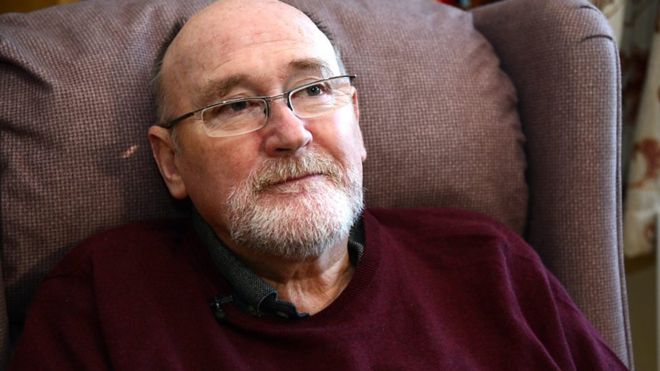
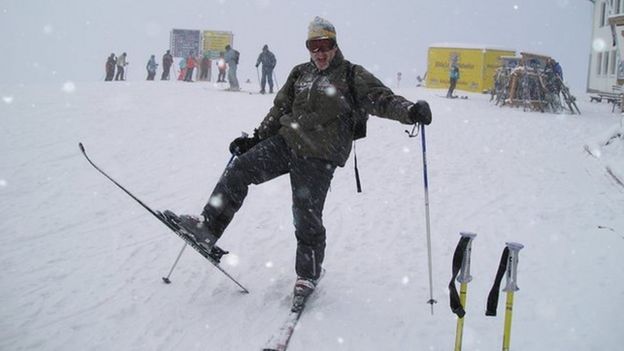 Image copyright NOEL CONWAY
Image copyright NOEL CONWAY 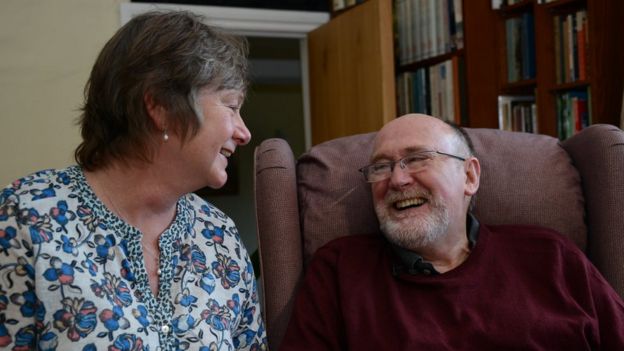 Image copyright FERGUS WALSH/ BBC
Image copyright FERGUS WALSH/ BBC  Image copyright PA
Image copyright PA 
